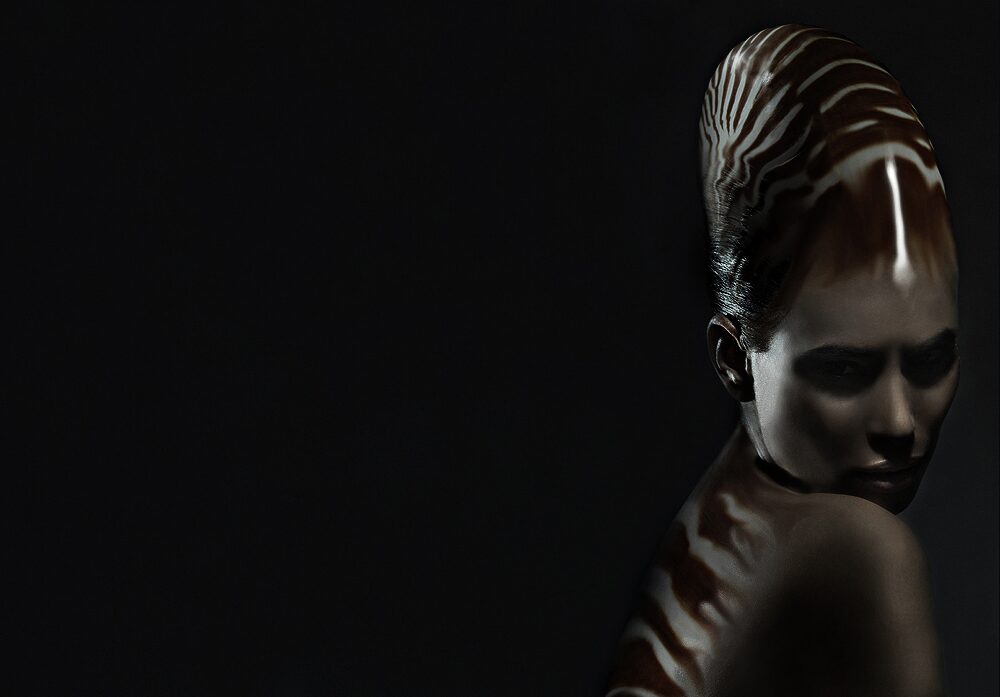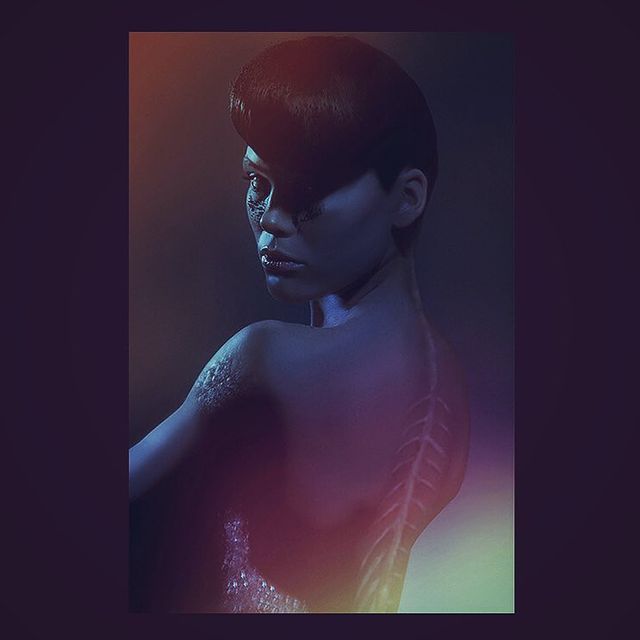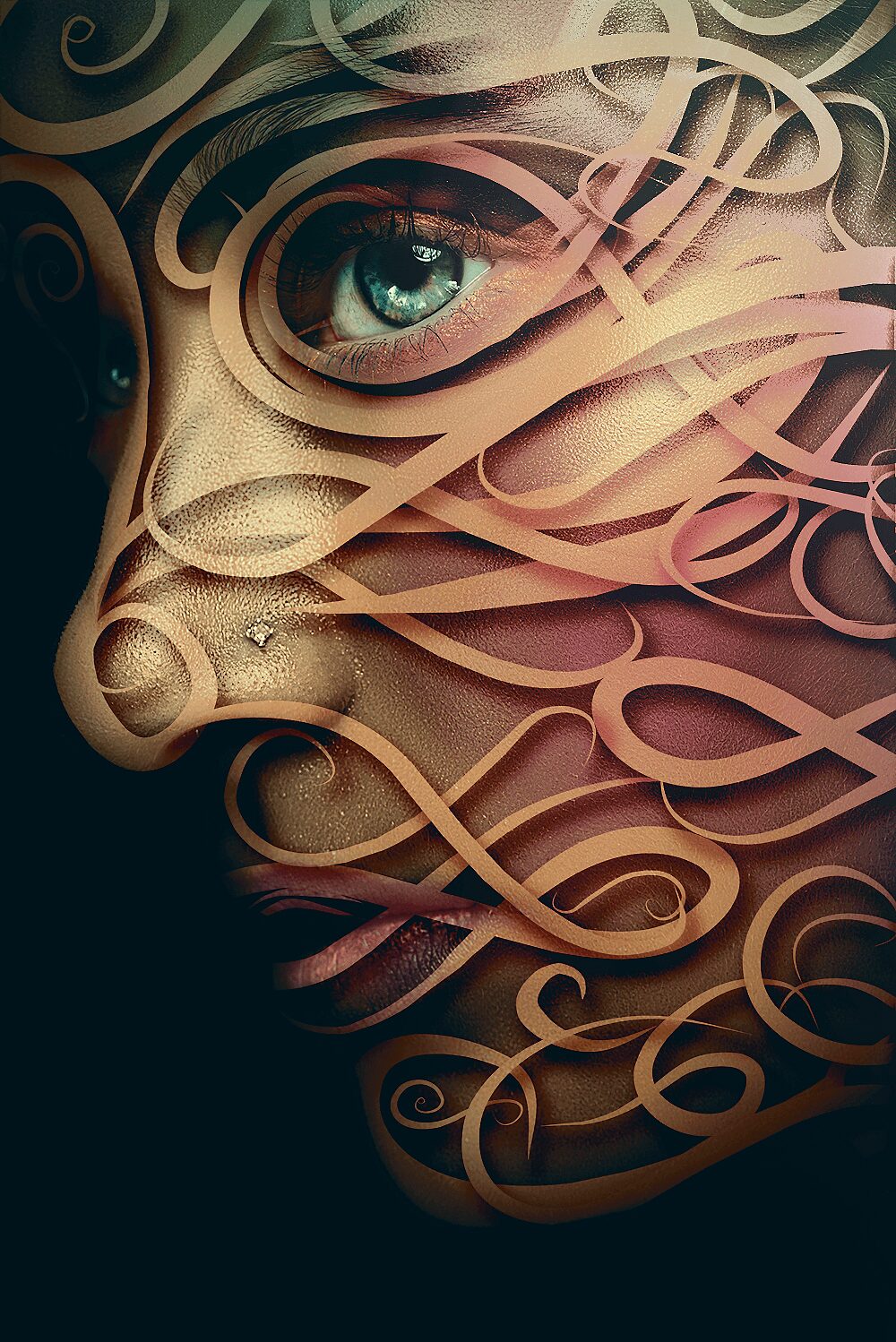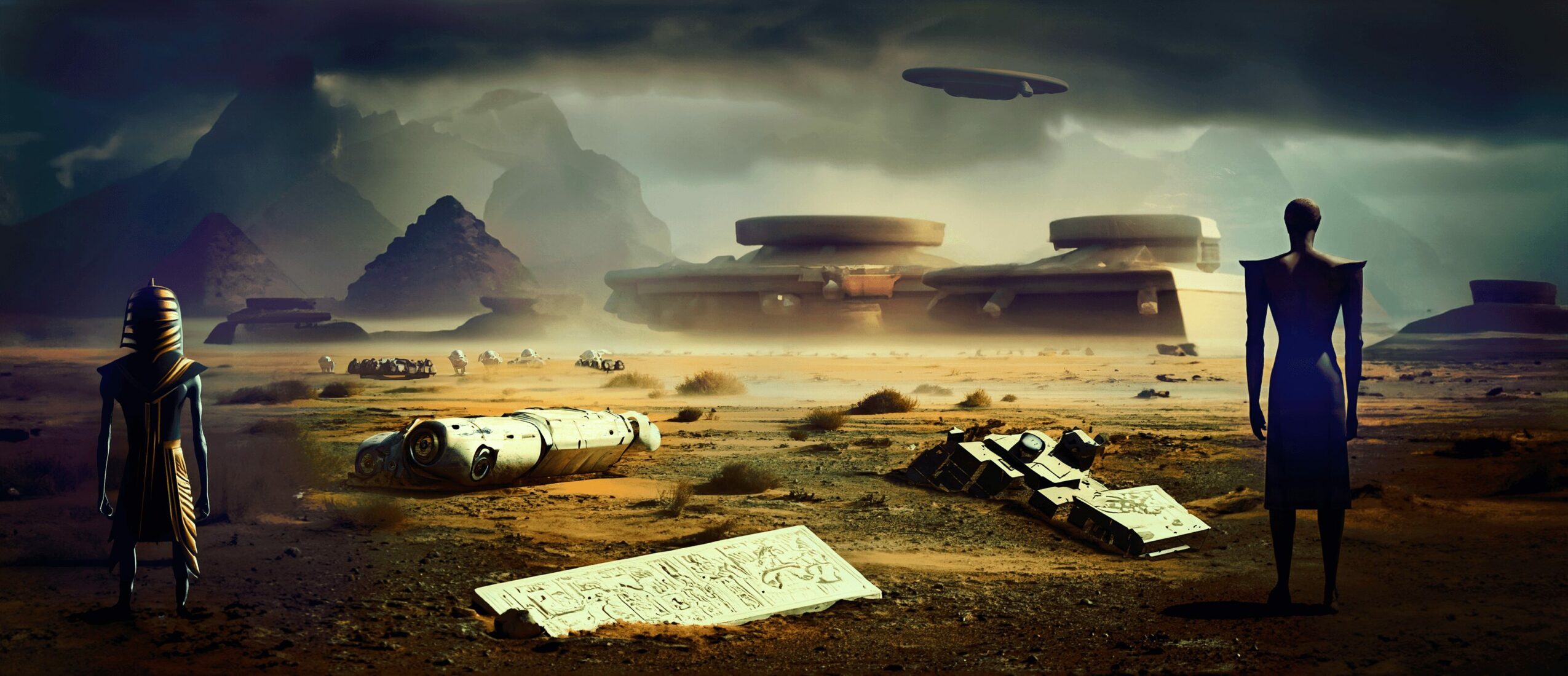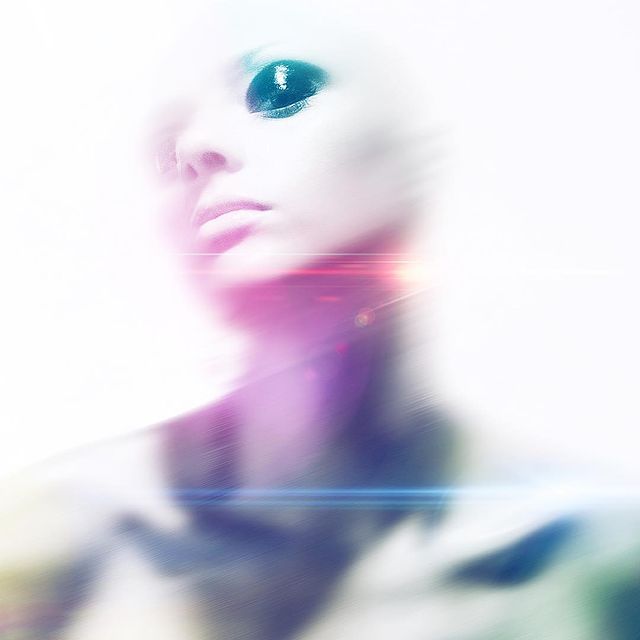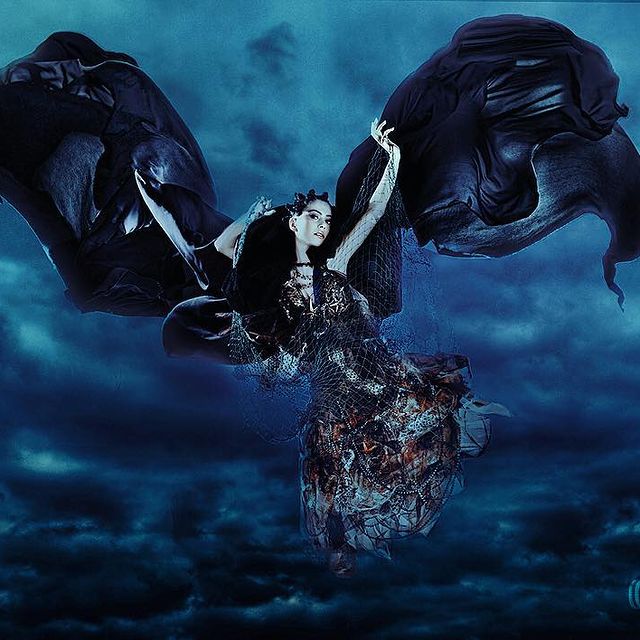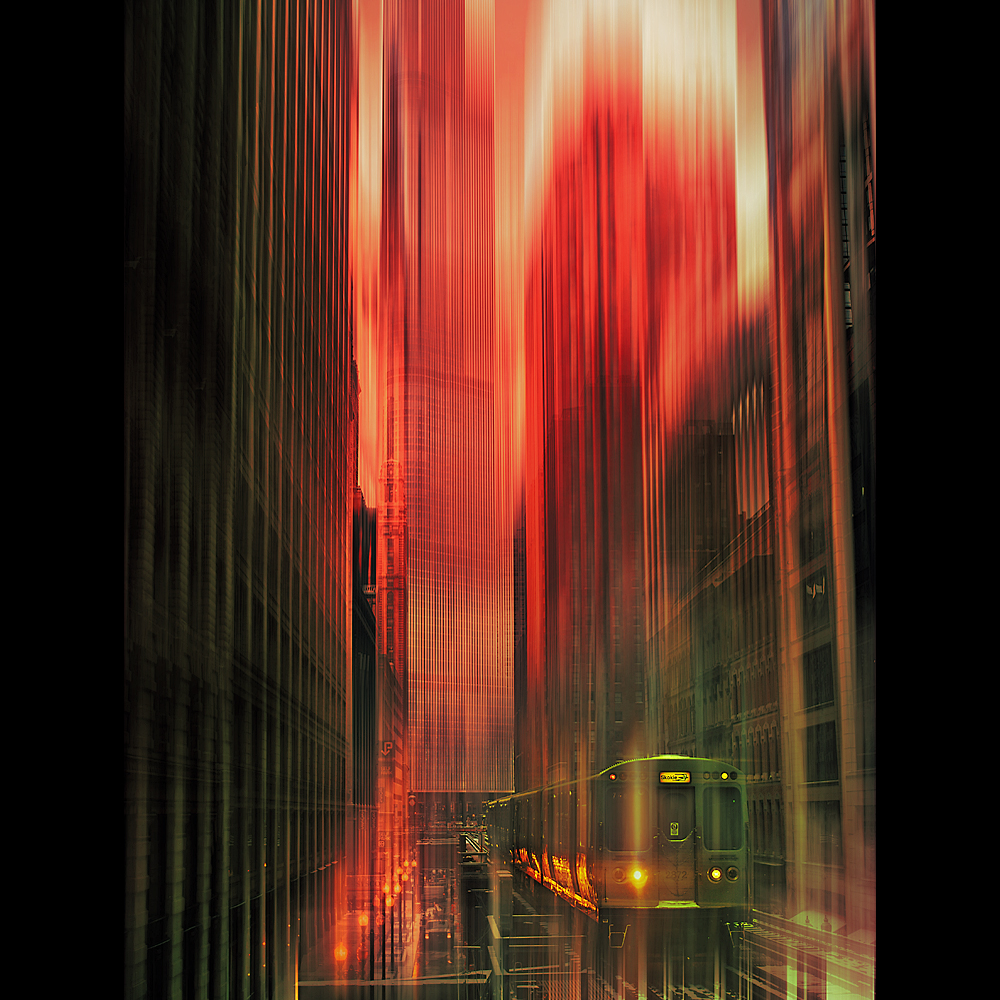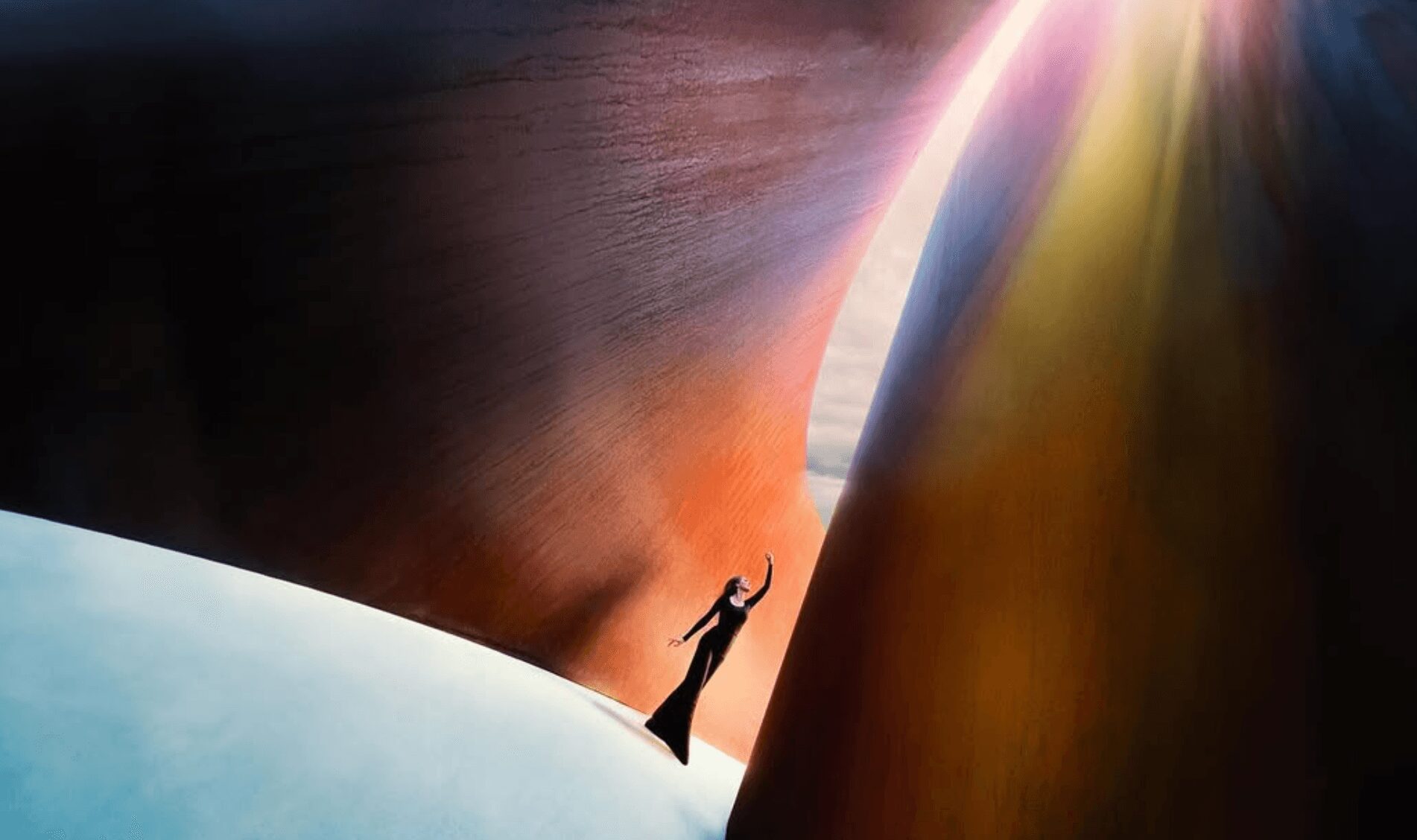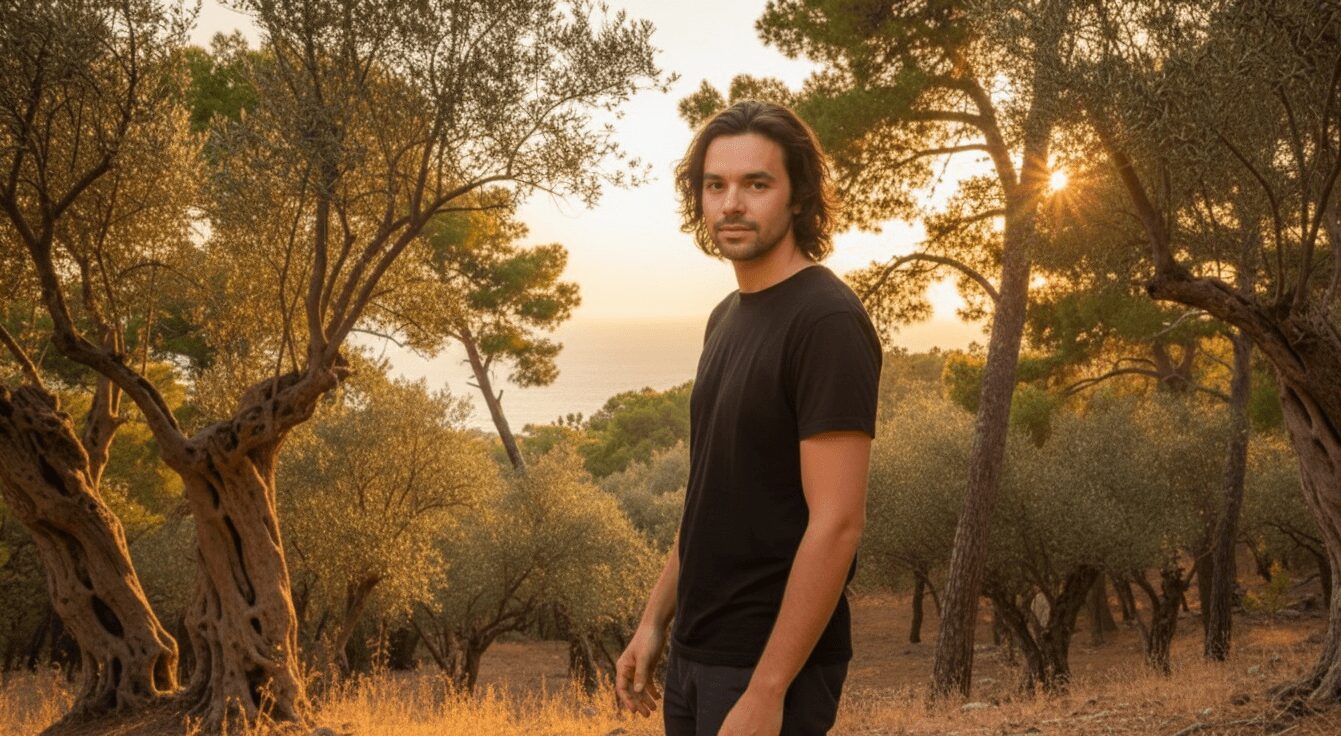

We recently had the chance to connect with Varol Ozkaner and have shared our conversation below.
Good morning Varol, it’s such a great way to kick off the day – I think our readers will love hearing your stories, experiences and about how you think about life and work. Let’s jump right in? What is a normal day like for you right now?
A normal day for me tends to be a blend of structure and creative flow. I usually start the morning with coffee and a quick moment of reflection. I find that setting my mindset early helps me stay grounded when I’m shifting between different creative hats throughout the day. From there, my work could take me in a few directions: sketching out UI concepts for a client project, refining details in Figma, or diving into edits for a photography or video piece I’ve been working on. I love that no two days feel exactly the same. Some days are all about collaboration, reviewing design flows with a team or brainstorming ideas. Others are more quiet and introspective, where I lose track of time fine-tuning pixels or experimenting with a new editing style. Even in the busiest stretches, I try to carve out a little window for personal projects, because those keep my creativity refreshed.
Can you briefly introduce yourself and share what makes you or your brand unique?
At my core I’m someone who loves shaping ideas into visual experiences — whether that’s through digital product design, a photograph, or a short film. My background spans across UI/UX design, photography, videography, and digital art, and I’ve always been drawn to the way visuals can spark emotion while also solving real problems. Over the years, I’ve worked with different companies and teams to design interfaces that feel simple and human, while also keeping my own artistic projects alive on the side. More recently, I started Uxcellent Labs, a design studio where I get to merge those worlds, bringing empathy, storytelling, and craft into user-centered digital design. What excites me most about this work is the balance: one day I might be deep in Figma refining a design system, and the next I’m behind a camera capturing a moment that tells its own story. That mix keeps me creatively alive and constantly curious. Right now, I’m focused on growing Uxcellent Labs into a space that not only delivers polished designs but also builds meaningful experiences for people. At the same time, I’m exploring ways to blend photography and video more seamlessly into digital products, and experimenting with new tools that help me push my creativity forward. At the end of the day, what matters most to me is creating work that feels honest, thoughtful, and lasting.
Thanks for sharing that. Would love to go back in time and hear about how your past might have impacted who you are today. Who were you before the world told you who you had to be?
I was simply a kid endlessly curious about creating things that felt bigger than myself. Born and raised in Istanbul, I was surrounded by a city full of contrasts, colors, and rhythms that shaped how I experienced the world and continue to influence my artistic perception today. I’d lose hours sketching, experimenting with visuals, or strumming on my electric guitar, fascinated by the way sound and image could both carry emotion in such different, yet connected, ways. That curiosity never really left me. It just evolved into new forms. Today, it shows up in the way I design digital experiences, capture stories through photography and film, and build meaningful products through my studio. At its heart, my journey has always been about rhythm. The rhythm of a guitar riff, the rhythm of light and shadow in a photograph, the rhythm of a user’s flow through a product. I think that’s who I was before expectations stepped in: someone following rhythm, texture, and feeling, and that’s still who I am now, just in more intentional ways.
What’s something you changed your mind about after failing hard?
I used to believe that failure meant I had chosen the wrong path or that I simply wasn’t good enough. After failing hard on a project that completely unraveled despite months of effort, I realized that failure is less about finality and more about information. It taught me to shift from questioning why I failed to seeking what I could learn that I couldn’t have discovered any other way. That change in perspective made all the difference. Instead of seeing failure as proof that I should quit, I began to see it as part of the design process itself, like a rough draft or an early prototype. Now, when something doesn’t work, I don’t carry the same shame. I treat it like an iteration, a step toward clarity. It is not the end of the story, it is feedback.
Alright, so if you are open to it, let’s explore some philosophical questions that touch on your values and worldview. What truths are so foundational in your life that you rarely articulate them?
A truth I hold close is that curiosity matters more than certainty. Every meaningful project in my life has started with questions rather than answers, and I have learned that being open to exploration carries me further than trying to hold everything in place too tightly. I also believe that small rituals fuel big work. A few minutes sketching before diving into a design session, picking up my guitar to reset my mind, or re-editing a photo simply to see it in a new light are little practices that build the energy and rhythm I need for larger creative challenges. I believe, empathy is the key factor here. Whether I am designing a digital product, capturing a photograph, or editing a video, the details are never just technical choices. They are my way of showing respect and care for the person on the other side of the work. These are quiet truths that I rarely say out loud, but they quietly guide me every day and remind me why I create in the first place.
Before we go, we’d love to hear your thoughts on some longer-run, legacy type questions. How do you know when you’re out of your depth?
I usually know I am out of my depth when the excitement of a challenge turns into a quiet heaviness in my chest, and the work feels more like guesswork than exploration. In those moments I catch myself circling around the same problem without clarity, or leaning too much on surface-level fixes instead of thoughtful solutions. It is a signal that I need to pause, seek guidance, or open myself to collaboration. For me, being out of my depth is not necessarily a bad thing. It often means I have stepped into new territory where growth is waiting, despite the fact that it feels uncomfortable at first. So, what I do is, I try to approach it the same way I approach design or art. With curiosity, patience, and the willingness to ask better questions. That shift helps me move from feeling overwhelmed to seeing the situation as an invitation to learn.
Contact Info:
- Website: https://www.uxcellentlabs.com/
- Instagram: https://www.instagram.com/varolonline/?hl=en
- Linkedin: https://www.linkedin.com/in/varol-ozkaner-304448a/
- Other: https://varolozkaner.com/
https://www.varolozkanerdesigns.com/
